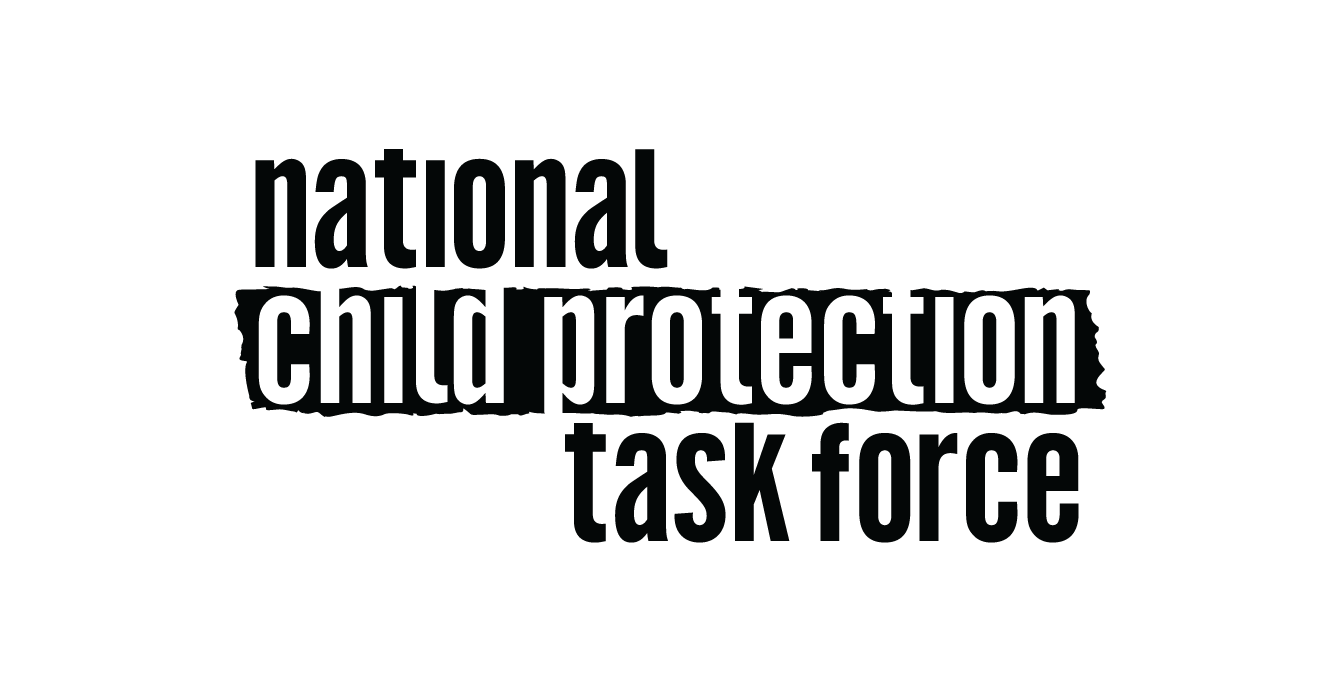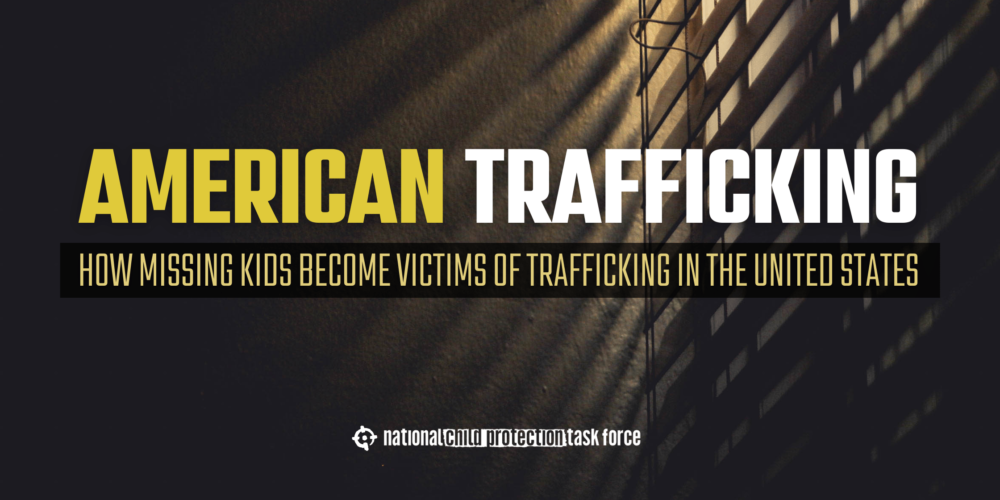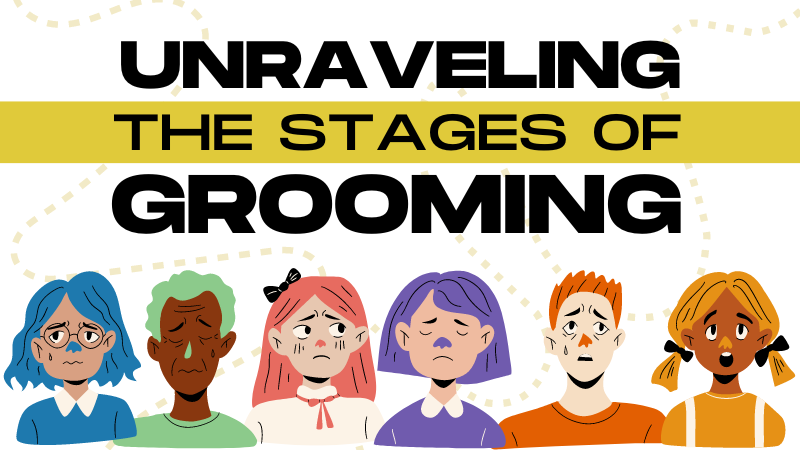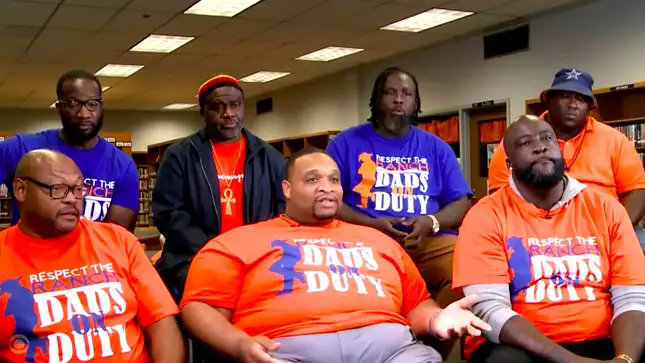What is human trafficking?
According to Homeland Security, human trafficking involves the use of force, fraud, or coercion to obtain some type of labor or commercial sex act.
However, any sex act involving a minor and money or some other currency is considered human trafficking. Either in person or virtually (paying for images, videos, or livestreaming with minors)
Why is human trafficking increasing?
The internet.
Recruitment – traffickers access new victims online (social media, gaming, homework sites, etc.) Anywhere children are online, traffickers spend time networking and finding vulnerable victims
Advertisement – traffickers connect with buyers discreetly online through social media and other online platforms
Who are human traffickers?
Parents, friends, romantic partners, employers, “pimps,” or other people of influence. There is no one stereotype for human traffickers.
Anyone can be a human trafficking victim and anyone can be a human trafficker.
How do human traffickers find victims?
Very rarely do traffickers kidnap children. It's too risky. Instead, they use a grooming process to manipulate victims.
What is grooming?
Human traffickers use the following six steps to “groom” victims into being trafficked.
1) Target – the trafficker meets victims, either in person (school, in the family, work, church, etc.) or online (social media, online gaming, forums, etc.)
2) Gain trust – traffickers spend time getting to know victims and build a relationship where the victim feels comfortable with the trafficker
3) Fill a need – traffickers love to come in as “the knight in shining armor.” If victims are hungry, they feed them. If victims seek connection, they listen. If victims experience low self-esteem, traffickers shower with affection. Whatever the victim needs, the trafficker eagerly provides to build trust.
4) Isolate – traffickers slowly distance victims from healthy support groups including friends and family members. They want to victim to think the trafficker is the only person they need and who understands them.
5) Desensitize – traffickers leverage the trust they’ve built to introduce abuse. They may use drugs, alcohol, or pornography to groom victims.
If the trafficker received images or videos from the victim that they'd know the victim doesn’t want others to see, the trafficker might use this as blackmail. This rising crime is called “sextortion.” If you are a victim of sextortion, report online at tips.fbi.gov Learn more about sextortion here.
6) Maintain control – traffickers may use threats, blackmail, or violence to keep victims trapped.
The grooming process happens subtly over time. By knowing these steps, you can help identify at-risk students around you, whether they are in your friend group or not. Victims don’t usually identify as a human trafficking victim, so it is important for all students to look out for one another.
Signs to look out for
New friends, major changes in behavior, unexplained gifts, mentioning a “sugar daddy,” drug use, second phones, social isolation, etc. This is not a comprehensive list and every human trafficking situation is different so not all signs are the same. However, keeping an eye out for these in your peer groups can help identify victims in your school. Learn more about the signs of grooming here.
What does the NCPTF do?
The National Child Protection Task Force is a team of seasoned professionals who use technology to quickly solve missing person cases and bring children back to safety. We provide training to law enforcement across the globe on how to fight child exploitation.
What do I do if I suspect human trafficking?
Anonymously report to The National Human Trafficking Hotline at 1(888)373-7888 or text “help” or “info” to 233733.
Even if you’re not sure - if your gut feels something is wrong, simply calling could save a life.








